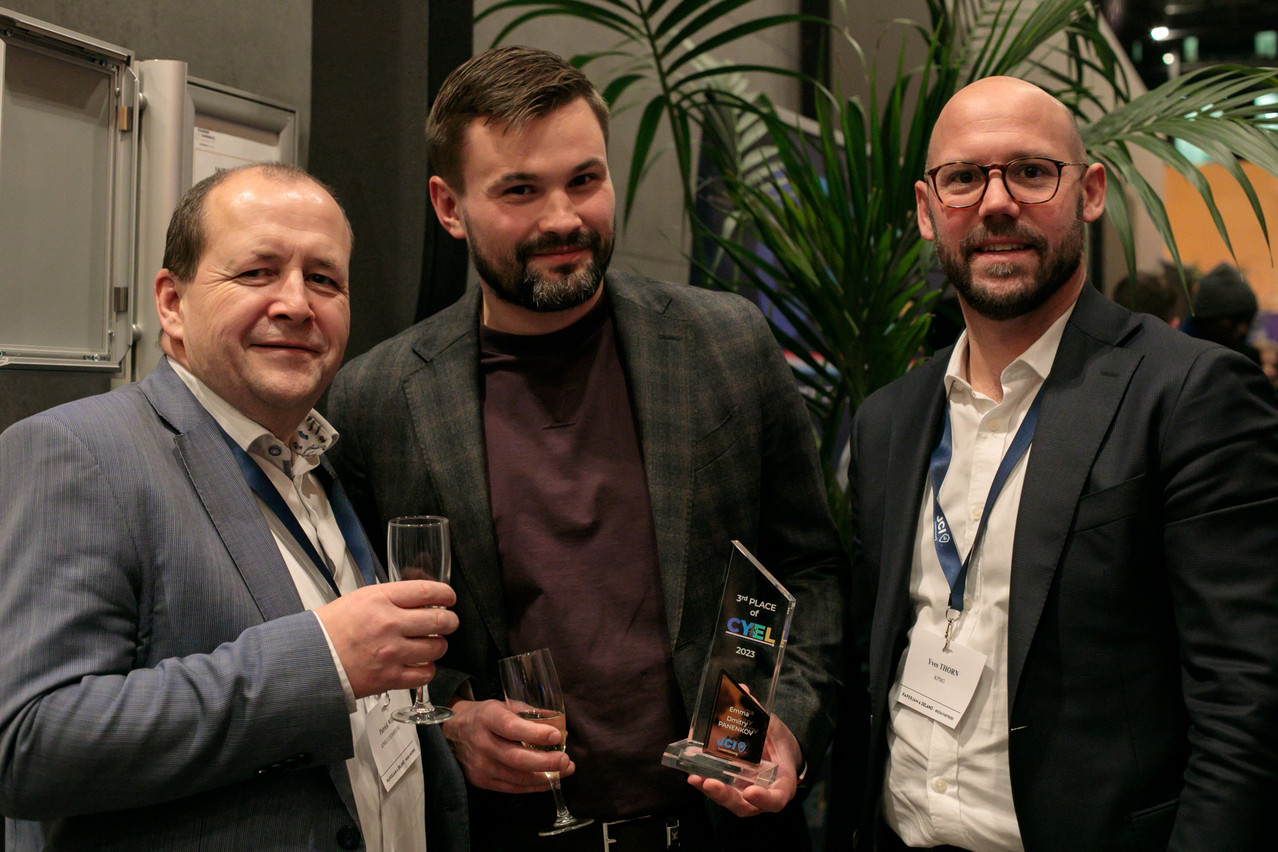Being Russian is not a crime.
Neither is having Russian shareholders.
It’s a little-known fact, but the European Union sanctions only 46 of the 110 oligarchs who are close to Vladimir Putin. It only takes two minutes to find the links between Luxembourg and Vladimir Lisin, the powerful boss of Russian steel company NLMK, who has a personal fortune of some $26bn (up since the start of the war in Ukraine), villas in the south of France and a yacht.
And yet the European Union--still unsure how effective the economic sanctions are--has tightened its grip on the entire financing chain (even as ships with Russian liquid gas continue to pour into European ports). Since December, the EU has republished and strengthened Article 5R of Regulation 833/2014. In plain language, this article says that banks must report any transfer of funds out of the EU exceeding €100,000 (over a quarter) when 40% or more of the sender’s proprietary rights are owned by a Russian national or an entity established in Russia.
And the Emma CEO and founder has gotten caught up in all this.
The Excel spreadsheet
In an act of “kindness,” Brussels has even provided a model of the Excel spreadsheet that must be returned every quarter. Any Excel user should be able to create a pivot table to automate this bit of bookkeeping, so that as soon as they exceed €100,000 over a quarter the document can be sent to the authorities. .

A screenshot of the template made available to banks that have no technological solutions of their own to meet their obligations. Screenshot: Maison Moderne
Come on. It’s not hard. And yet one of the largest banks in the region told Dmitry Panenkov’s startup that it no longer wished to take on his company, Emma, even though a KYC audit had confirmed that there would be no problems until next summer. A very large French bank even confirmed the conclusions of this audit and concluded that it could accommodate the innovative company. But remember, banks are free to decide which customers they are willing to work with, even if the bank is partially or wholly state-owned.
Switzerland provides an interim solution
Swiss bank managers have been knocking on the doors of government officials, the regulator, industry associations and innovation bodies to find a solution. Through the intermediary of ABBL CEO a final three-month reprieve was granted, which ended on Thursday. We contacted finance minister (CSV) and prime minister (CSV): the former told us that he cannot interfere in individual cases, and that he is working with the ABBL and the stakeholders to find solutions for the opening and closing of bank accounts, problems that have been highlighted by many others, including MP (CSV).
Panenkov--whom Luxinnovation tempted away from Slovakia with the Fit4Start programme, who transferred his activities to Luxembourg, who obtained his language certificate, whose children are at school in Luxembourg--therefore had to find a bank in Switzerland to receive all his remaining funds. Others in Luxembourg advised him “to go to Revolut” (an “all-in-one” finance app)! When contacted, Panenkov cautiously replied that he was working to find a solution and had no intention of leaving Luxembourg. Instead, he has begun to develop a research centre and has attracted some 40 talented people already. Of course, he holds the cards: he could easily transfer his business to wherever people really want him.
$100m, a future record for Luxembourg
If you’re not familiar with startups and fundraising, being on the verge of closing a $100m round with a leading US investment fund--on your third financing round--is not only a unique achievement for an innovative Luxembourg company, but a sign of bright things to come if this company, whose annual revenues rose from €4m in 2022 to €25m last year, continues on its path. After €6m in seed funding in 2022, it raised €17m in Series A, led by Smartfin, a Belgian fund with the backing of the European Investment Fund.
What’s so special about Emma? To put it simply: the world is producing more and more data, and to store or use it we have to go through cloud providers, each with their own technology… Emma makes it possible to move from one to the other more easily. And many data managers, whether bankers or others--but bankers, that’s the paradox of the situation--have clearly understood the benefits of this unique solution.
If you are registered in Luxembourg, your contacts--be they investors, suppliers or customers--will expect you to have a Luxembourg bank account. In certain development projects, such as the research centre and links with Luxembourg research institutes, a Luxembourg account is required, which not only seems like an outdated concept, but which is also blocking the startup in its development and its desire to establish itself in the Luxembourg ecosystem. It therefore seems quite clear that, under these conditions, the most promising startup in the history of Luxembourg will not have much choice but to move to elsewhere. Probably the US.
And we’ll continue to dream that we’re the “startup nation” and to spend millions of euros. And we’ll continue to remember, nostalgically, that exactly 40 years ago the prime minster (goes the legend) twisted the arm of some German banks to get them to help create SES…
This article in French.
